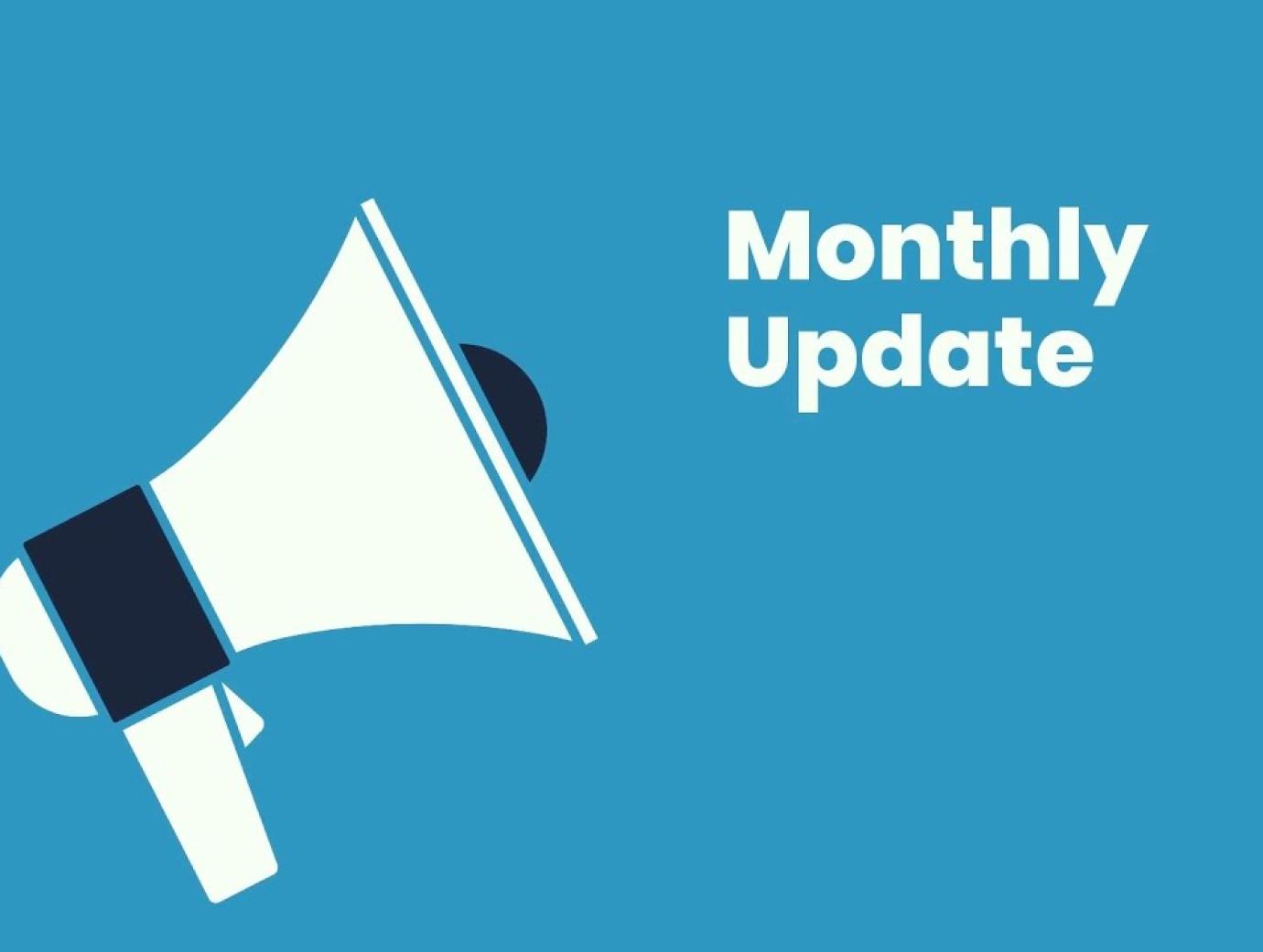Dear all,
We are closing May with the publication of the first-ever position paper on immunization products to protect infants against respiratory syncytial virus (RSV) - the leading cause of acute lower respiratory infections in children globally. The paper was published on Friday in the WER. The position paper outlines WHO recommendations for two immunization products: a maternal vaccine that can be given to pregnant women in their third trimester to protect their infant and a long-acting monoclonal antibody that can be administered to infants from birth, just before or during the RSV season. The position paper follows the SAGE recommendation in September 2024, and the subsequent WHO prequalification of the maternal vaccine in March 2025.
Learn more at the following links:
HPV
- The French NITAG expanded the catch-up vaccination cohort in men and women up to the age of 26. The recommendation is available in French here.
Chikungunya Vaccines
- ACIP approved the following recommendations by majority votes at its April 15-16, 2025, meeting:
- ACIP recommends the virus-like particle chikungunya vaccine for persons aged ≥12 years traveling to a country or territory where there is a chikungunya outbreak. In addition, the virus-like particle chikungunya vaccine may be considered for persons aged ≥12 years traveling or taking up residence in a country or territory without an outbreak but with elevated risk for U.S. travelers if planning travel for an extended period of time, e.g., 6 months or more.
- ACIP recommends the virus-like particle chikungunya vaccine for laboratory workers with potential for exposure to chikungunya virus.
- ACIP recommends the live attenuated chikungunya vaccine for persons aged ≥18 years traveling to a country or territory where there is a chikungunya outbreak. In addition, the live attenuated chikungunya vaccine may be considered for persons aged ≥18 years traveling or taking up residence in a country or territory without an outbreak but with elevated risk for U.S. travelers if planning travel for an extended period of time, e.g., 6 months or more.
With pending confirmation of a new CDC Director, these recommendations were adopted by the HHS Secretary on May 13, 2025 and are now official recommendations of the CDC.
- The Belgian NITAG recommends vaccination with Ixchiq against chikungunya for individuals aged 12 to 64 traveling to regions with an active outbreak. Given the current safety concerns, the Superior Health Council (SHC) temporarily suspends vaccination with Ixchiq in individuals aged 65 and older as a precautionary measure, in line with the EMA recommendation (7th of May 2025). Vaccination should ideally be administered at least 14 days before departure and is also advised for laboratory personnel handling the virus. People with a confirmed past infection do not need vaccination. The full report is available here.
Influenza
- The French NITAG recommends that the Efluelda and Fluad vaccines be used preferentially in people aged 65 and over, compared to the standard-dose vaccines available in this population, as part of the French vaccination strategy for seasonal influenza. The HAS positions adjuvanted and high-dose vaccines equally. The NITAG specifies that this preferential recommendation does not exclude standard-dose vaccines from the flu vaccination strategy for people aged 65 and over. The full recommendation is available in French here.
RSV
- The Slovenian NITAG discussed the Expansion of indications for protection against RSV with palivizumab. The NITAG members agreed with the proposal and supported the expansion of indications for protecting children against RSV within the framework of already secured funding.
Herpes zoster
- NACI (Canadian NITAG) published a summary of their Updated recommendations on herpes zoster vaccination for adults who are immunocompromised, available here.
Mpox
- NACI published a summary of NACI statement of May 15, 2025: Rapid response concerning updated guidance on the use of Imvamune for the prevention of mpox, available here.
Primary childhood catch-up schedule
- NIAC (Irish NITAG) outlines the rationale for minimum intervals for the 4 in 1 (DTaP/IPV - diphtheria, tetanus, acellular pertussis and inactivated poliovirus vaccine) vaccine recommended in the updated primary childhood catch-up schedule. Rationale available here.
WHO
- The RSV position paper is published.
- WHO published the Targeted and selective strategies in measles and rubella vaccination campaigns: Interim guidance, available here.
- Request for Input: NITAG Reference Group - WHO Guidance on how to use modeling to support immunization decisions: The WHO IVB and the IVIR-AC secretariat are developing a new guidance document to support immunization decision-makers in understanding modeling, interpreting and appraising model outputs, and applying model-based evidence to inform decisions tailored to their local context. We are currently seeking NITAG members from all six WHO regions who are interested in reviewing this draft guidance and providing feedback from an end-user perspective. The review period will run from June through July 2025. If you are interested in participating, please contact GNN Executive Secretary, Louise Henaff henaffl@who.int, by Wednesday, 11 June.
Vaccinology courses:
- ADVAC took place in May 5-16 in Annecy. NITAG members and secretariat from Botswana, Burundi, Cameroon, Canada, Iceland, Iran, Japan, Mozambique, New Zealand, Saudi Arabia, South Africa, Tunisia attended. We highly encourage you to apply and become part of the next generation of ADVAC alumni, helping to enhance the capabilities of your NITAGs. Applications will open in July.
- The 4th Annual Vaccinology Course for NITAGs, organized by NISH, took place from May 26 to May 30th. NITAGs from Cameroon, Carbo Verde, Gambia, Guinea, Mauritania, Mauritius, Morrocco, Nigeria, Senegal, South Africa and Tunisia were trained.
- A new advanced Polio course (PVAC): targeting early- to mid-career professionals involved in immunization, not limited to polio, particularly those working at subnational levels in endemic or outbreak-prone countries. Applications by June 6th here.
Held biannually, PVAC offers two tailored sessions:
- English session: for participants from English speaking countries
? Doha, Qatar | 26-30 October 2025 - French session: for participants from French speaking countries
? Dakar, Senegal | 15-19 December 2025
Best wishes,
Louise


